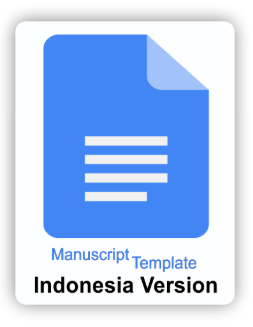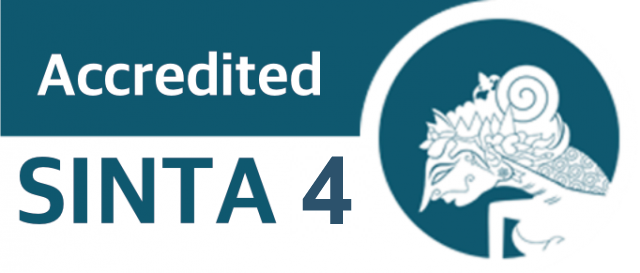Quick Response Code in Engklek Traditional Games: Facilitating Challenging and Enjoyable Science Learning in Elementary School
DOI:
https://doi.org/10.21831/ep.v6i1.84772Abstract
Science learning in elementary schools requires learning media that facilitate students to explore knowledge in a fun way through games. One of them is through the Engklek traditional games that integrate technology. For this reason, this study aims to develop Engklek traditional games equipped with QR-Code for science learning of photosynthesis material for grade 4 in elementary schools. This study uses the ADDIE (Analysis, Design, Development, Implementation, and Evaluation) development model. Data was collected through observation, interviews, and questionnaires for validation and practicality tests. Data were analyzed descriptively and quantitatively. The results of this study indicate that from the perspective of teachers and students, media are needed to learn photosynthesis material that can facilitate student activity and involvement. This product was developed using the ADDIE stage, which only includes the analysis, design, and development stages. The characteristics of this media are that it is a banner measuring 200 x 400 cm with a mountain-model. Engklek game design is equipped with a QR-Code card, which is used as an object for presenting material in the form of animated videos, charts, reading tables, and quiz questions. Based on the validity test by material experts and media experts, the product has been categorized as very feasible. Based on the practicality test, the media has also been declared very practical by both teachers and students. Thus, the Engklek traditional games equipped with QR-Code can be recommended for use in science learning of photosynthesis material for grade 4 in elementary schools.
Downloads
Published
How to Cite
Issue
Section
License
Copyright (c) 2025 Muslimin Muslimin, Nurul Aisya, Wawan Krismanto

This work is licensed under a Creative Commons Attribution-ShareAlike 4.0 International License.
Epistema allows readers to read, download, copy, distribute, print, search, or link to its articles' full texts and allows readers to use them for any other lawful purpose. The journal allows the author(s) to hold the copyright without restrictions. Finally, the journal allows the author(s) to retain publishing rights without restrictions
- Authors are allowed to archive their submitted articles in an open access repository
- Authors are allowed to archive the final published article in an open access repository with an acknowledgment of its initial publication in this journal

This work is licensed under a Creative Commons Attribution-ShareAlike 4.0 Generic License.











